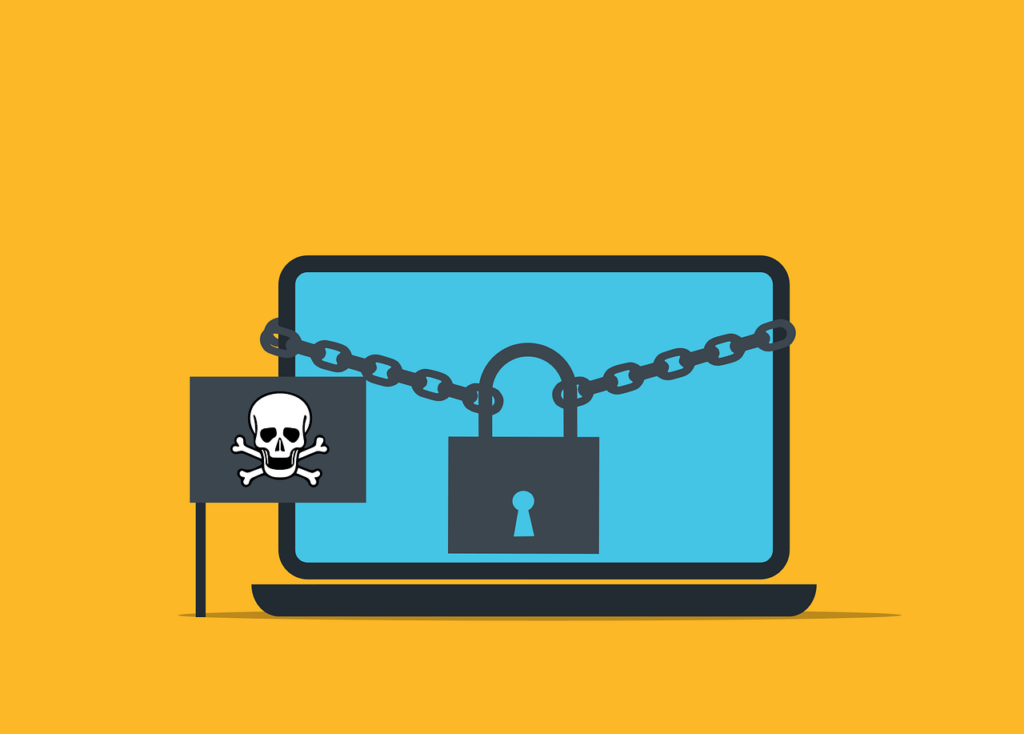There has been a recent spate of scam calls in the UK, purporting to be from HMRC. These calls are known as ‘phishing’ attacks, and are designed to trick the victim into giving away personal and financial information.
HMRC will never cold-call individuals out of the blue, and so if you receive one of these calls, you can be sure it is a scam. If you are contacted by someone claiming to be from HMRC, do not give them any personal information and hang up immediately.
If you think you may have been a victim of this scam, you should contact your bank or credit card provider as soon as possible. You should also report the incident to Action Fraud, the UK’s national fraud and internet crime reporting center.
In case you need assistance with the recovery process, leave a comment below or get in touch with us. Our team will help you deal with the intricacies present and enable you to get your money back at the earliest.

HMRC Scam Calls Explained
HMRC scam calls have been on the rise in recent years, with scammers impersonating HMRC officials in order to try and trick people into paying bogus taxes or fees. These scams can be extremely convincing, but there are a few key things to look out for that can help you spot them.
Firstly, HMRC will never cold-call individuals out of the blue to demand payment. If you receive a call from someone claiming to be from HMRC, ask them for their name and contact details so you can call them back. HMRC will also never threaten people with arrest or demand immediate payment over the phone.
If you’re unsure about a call you’ve received, you can contact HMRC directly to check whether it’s legitimate. You can find their contact details on their official website.
Various Phishing Methods
There are many different types of phishing methods that scammers use to try and steal personal information or money. One common method is to send an email that looks like it is from a legitimate company or organization, but is actually from a scammer.
The email may try to trick the recipient into clicking on a link that takes them to a fake website or may ask for personal information such as a password or credit card number. Another type of phishing is called spear phishing, which is when a scammer targets a specific individual or organization.
They may use personal information that they have gathered about the victim to make the email or message seem more legitimate. Finally, there is smishing, which is when a scammer sends a text message instead of an email.
This can be harder to spot because text messages can seem like they are coming from a legitimate source. No matter what type of phishing method is used, it is important to be aware of the dangers and to never give out personal information or click on links from unknown sources.
How to report HMRC Phishing Scams?
HMRC phishing scams are becoming increasingly common, and they can be very difficult to spot. If you think you may have received a phishing email, you should report it to HMRC immediately.
If you receive an email that you think may be a phishing scam, do not open any attachments or click on any links. Forward the email to HMRC’s dedicated phishing email address, which is phishing@hmrc.gov.uk. You should also report the scam to Action Fraud, which is the UK’s national fraud and cybercrime reporting center.
How to stay safe from HMRC Scam and similar hustles?
The digital world is full of risks and dangers, but there are ways to stay safe. One way to stay safe is to be careful about what you share online. Don’t share personal information or anything that could be used for identity theft.
Another way to stay safe is to be aware of the risks of phishing and other scams. Don’t click on links or open attachments from strangers. Finally, make sure your computer and mobile devices are secure with anti-virus software and strong passwords.


